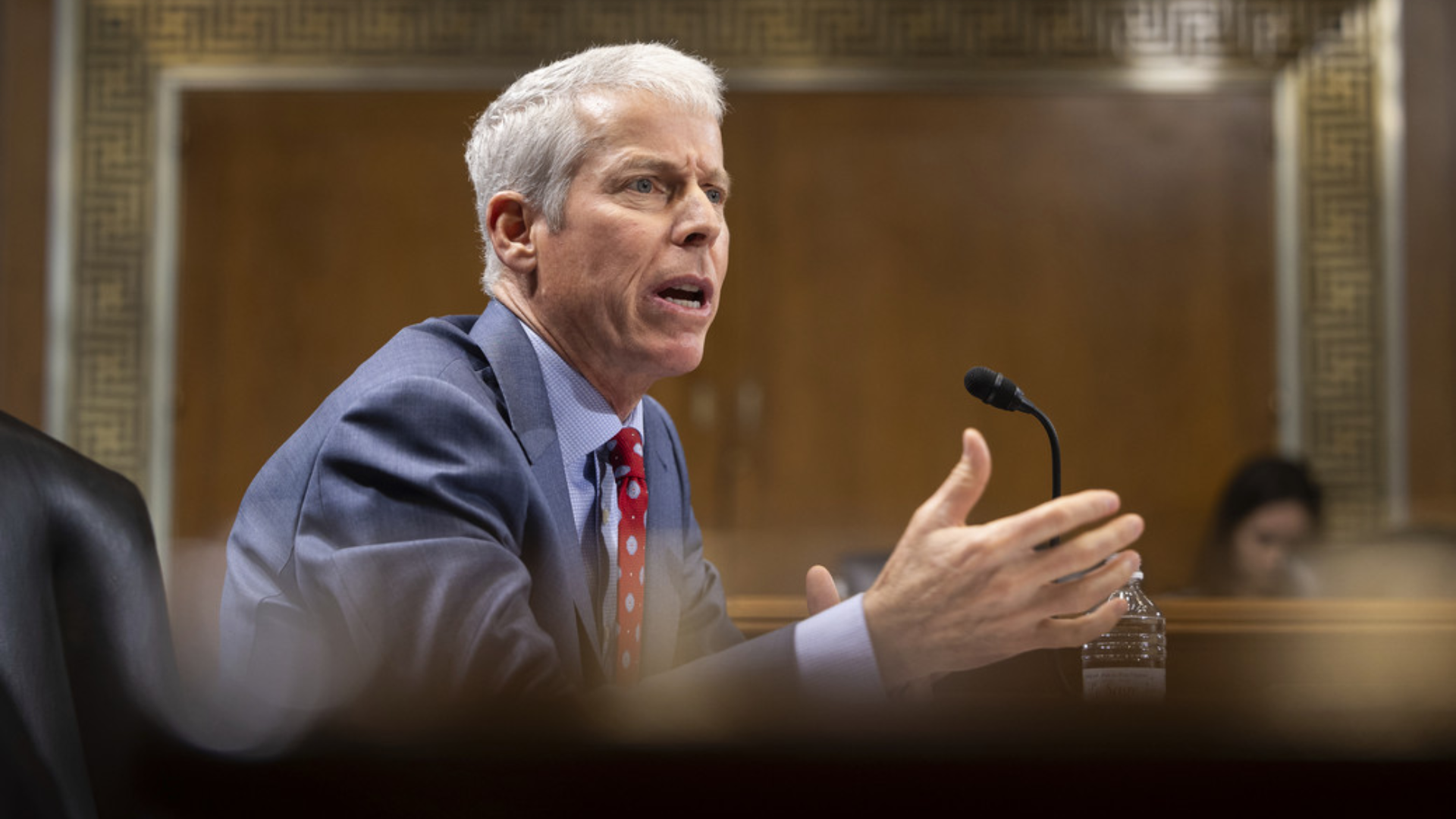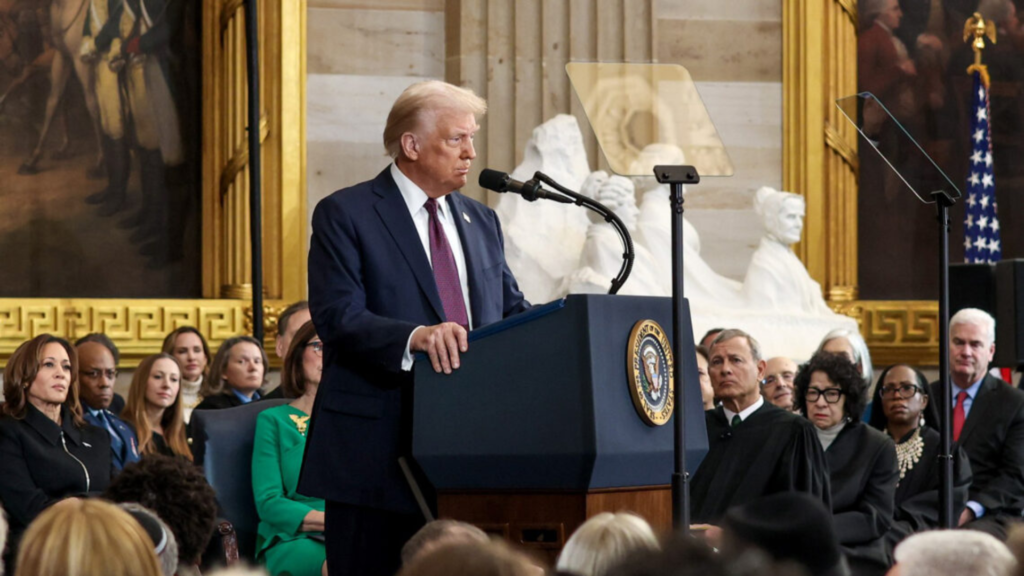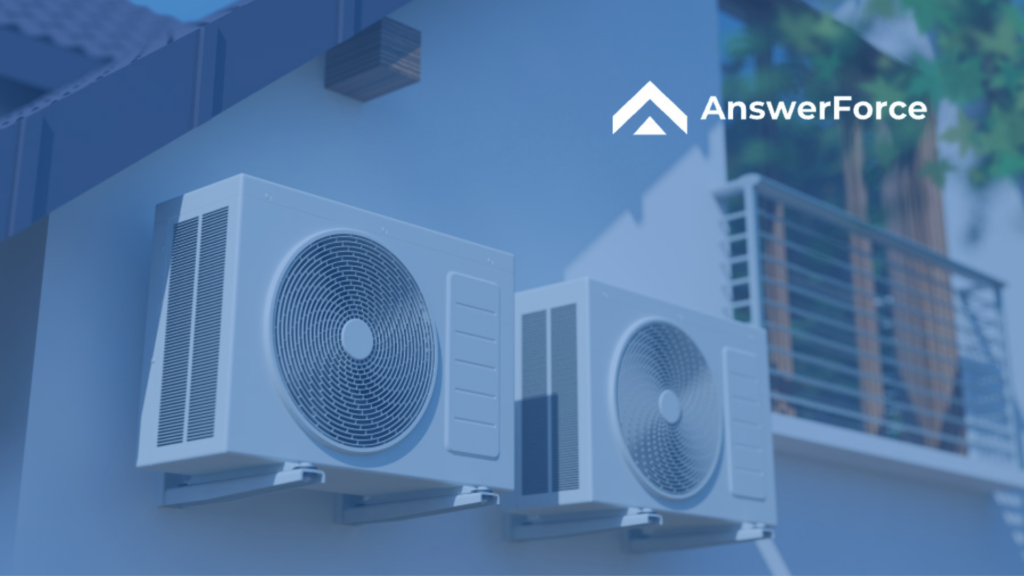Department of Energy postpones HVAC testing, water heater regulations
The Department on Monday announced that it's postponed the implementation of several Biden-era home appliance rules

Image: Energy Secretary via Politico
The Department of Energy on Monday announced that it’s “further postponed the implementation” of three Biden-era home appliance rules, including those for central air conditioners, heat pumps, and gas water heaters.
The big picture: The announcement — part of the new administration’s deregulatory agenda — comes one month after the Department initially pledged to delay several efficiency mandates but didn’t provide specifics.
What’s happening: On January 20, President Trump ordered all federal agencies to consider postponing the effective dates of certain rules by 60 days.
- Two HVAC and plumbing-related rules — one updating federal testing procedures for HVAC manufacturers to comply with and another updating efficiency standards for gas water heaters — had effective dates of February 6 and March 11, respectively.
- The Department’s announcement simply follows Trump’s order, setting May 20 as the new effective date for both rules.
“By removing burdensome regulations put in place by the Biden administration, we are returning freedom of choice to the American people, ensuring consumers can choose the home appliances that work best for their lives and budgets,” said Energy Secretary Chris Wright.
Of note: These rules weren’t solely Biden administration initiatives. The Energy Policy and Conservation Act (EPCA), signed in the 70s, requires the Energy Department to periodically review both testing procedures for HVAC equipment and water heater efficiency standards.
Looking ahead: While the announcement kicks the rules’ effective dates by 60 days, it’s unclear whether any additional changes will occur in the meantime.
- “Under President Trump’s leadership, the Department of Energy is taking critical steps every day to help American families prosper,” Wright added.
- The Department of Energy didn’t respond to a request for comment.
📬 Get our stories in your inbox
Keep reading
What to watch as Trump returns to office
A rundown of four key developments for HVAC contractors to watch as President Trump begins his second term
Scripting, 24/7 call centers, and secret shopping with AnswerForce
A conversation, in partnership with AnswerForce, about call center scripting, 24/7 operations, secret shopping, and more


